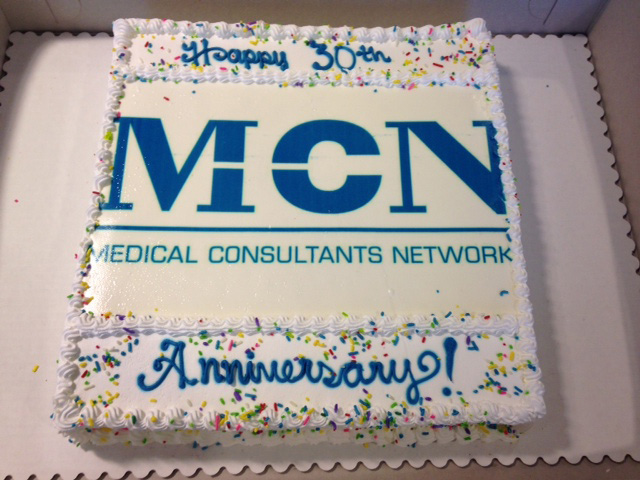Saturday April 18th 2015 is MCN’s 30th anniversary. It was on that date in 1985 when MCN completed its first evaluation.
From this first IME, MCN grew to become the first (in 1997) IME/peer review company with a national network, and now staffs 25 offices across the country serving hundreds of clients. In 2014 MCN delivered more than 60,000 individual services. Our network of consulting physicians now encompasses over 25,000 options in all specialties across the nation – and is continuously growing.
We are proud of our contributions to society and our communities in addressing the critical questions and challenges of disability and injury and helping to ensure appropriate care for the thousands of individuals whose claims we review and evaluate.
Over the weekend I came across two newspaper articles addressing the very core of why we do what we do. The first was a column by David Brooks entitled “The Moral Bucket List” which includes a brief reference to the Triangle Fire Factory. In response to the fire, one of the worst industrial incidents in American history, New York State established both the State Insurance Fund and the New York Workmen’s [sic] Compensation Law. These acts had ripple effects across the nation and soon many other states enacted such legislation.
The second article was “When Moneyball Meets Medicine” with the follow-up “Disability and Health Care: Calculating How Much a Life Is Worth.” This is what we help our clients do: each report we produce is a snapshot of a life, a medical history, a course of treatment, a time when a numeric value is placed upon people. Each report we produce helps facilitate a decision that profoundly affects the injured or disabled person’s life and their ability to care for themselves.
Of course most of our days are spent in activities which seem far less profound than all this, and this is reasonable; we would end up paralyzed ourselves if we were so focused on circumstances of the individual lives whose stories cross our desks every day.
This 30-year mark gives us the opportunity to remember the larger picture of what we do and why it matters. As the founder of MCN and as an employer I am proud to have this opportunity to be of service to our society, clients and claimants. Thank you to all of our clients who trust us with their work, and to our consultants who collaborate with us in our shared tasks.
Most importantly, we thank all the MCN staff across the country whose dedication keeps us going – as well as all of our past employees who over the decades have helped make the company a sustaining and growing organization.
Brian L. Grant MD, President and Founder



